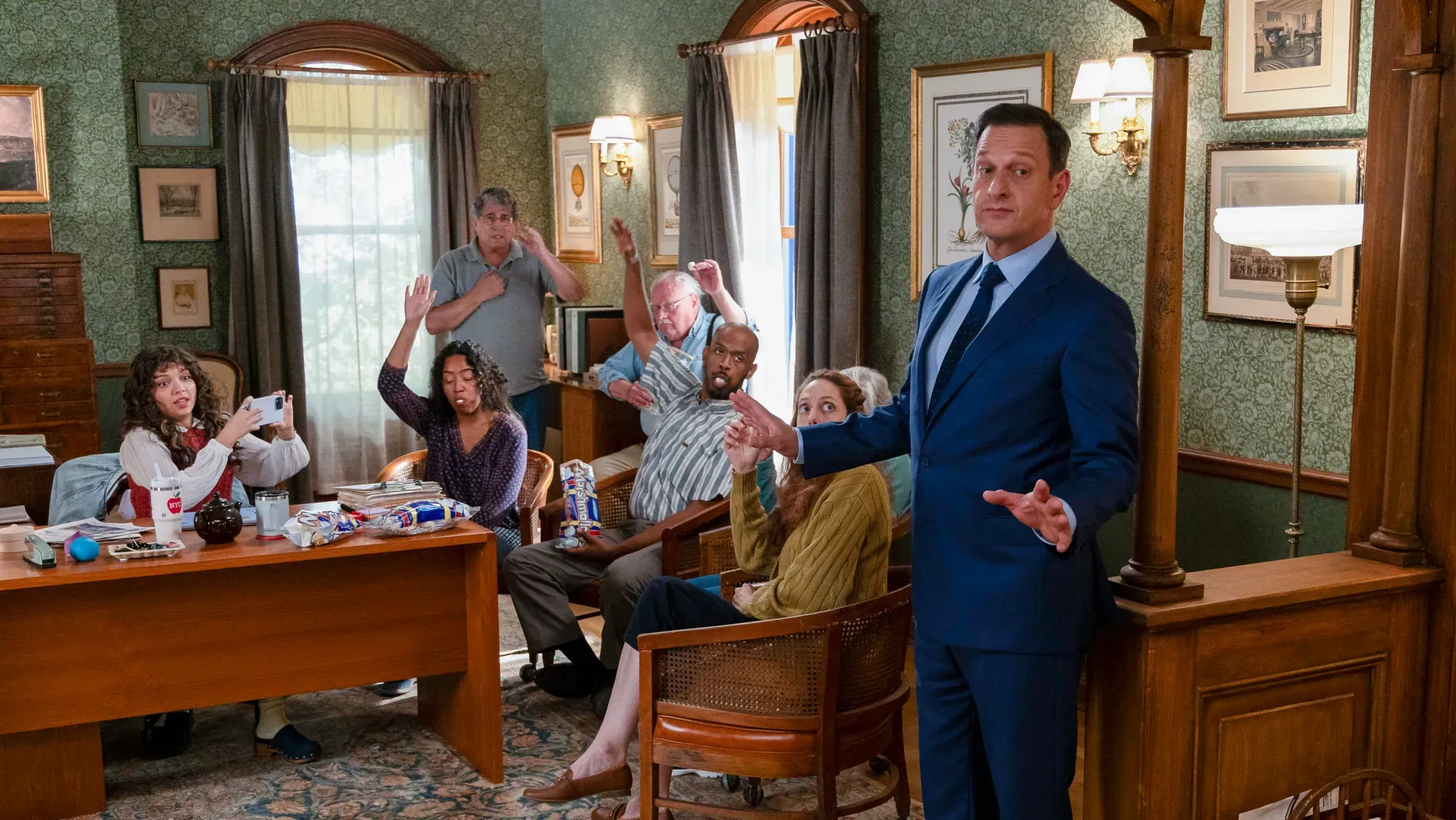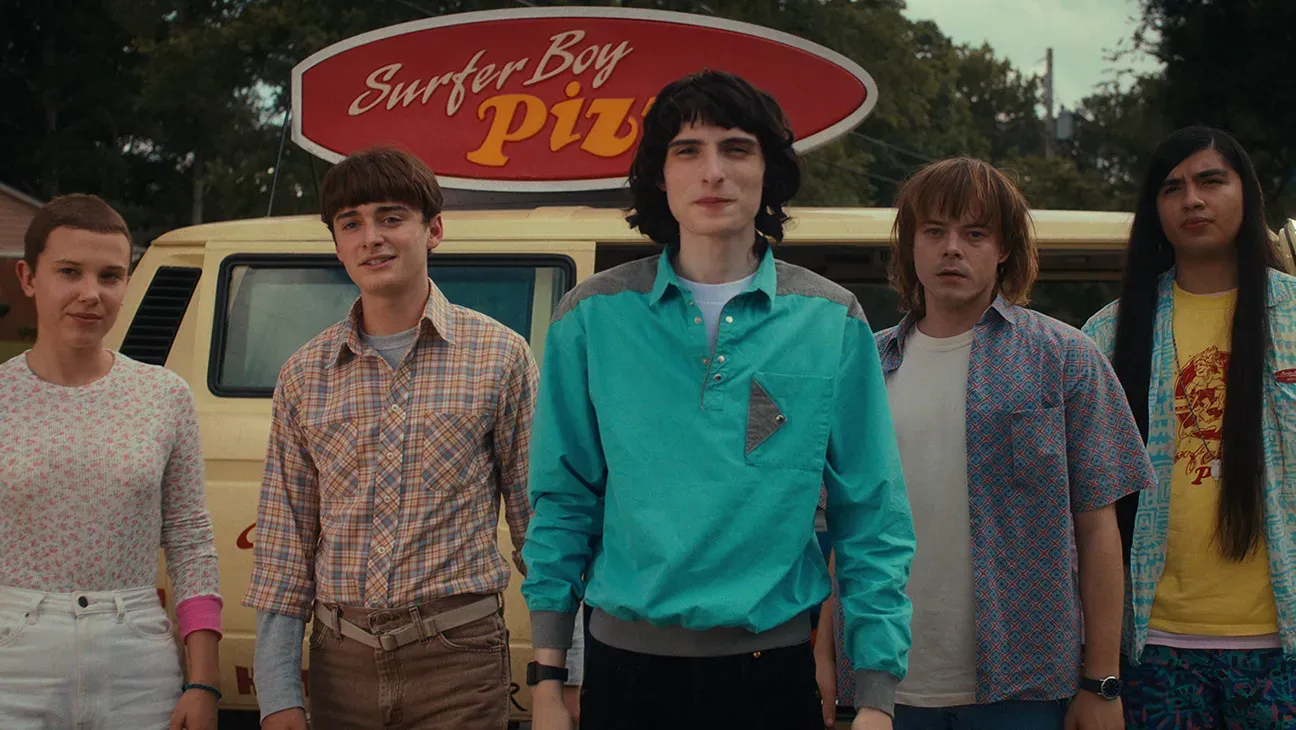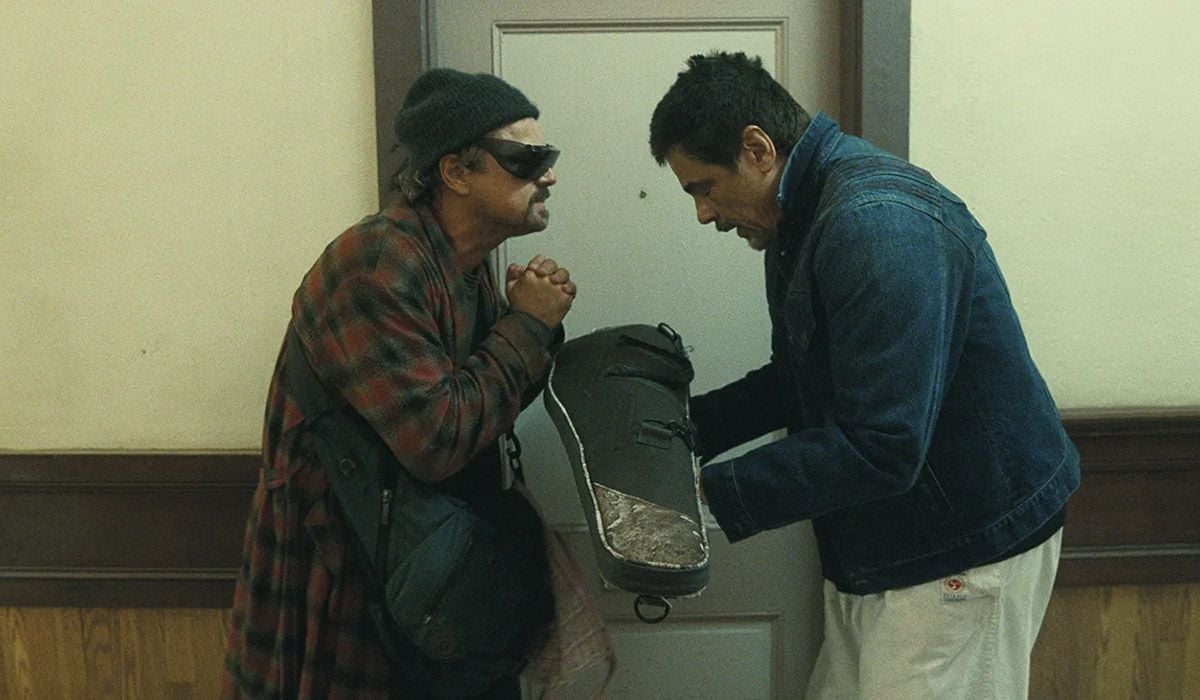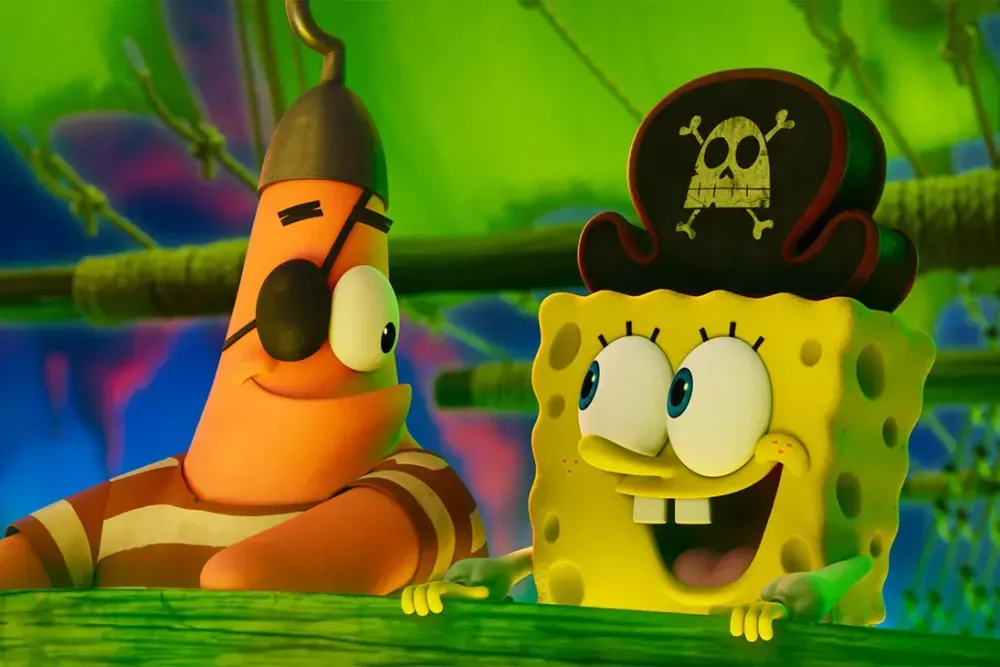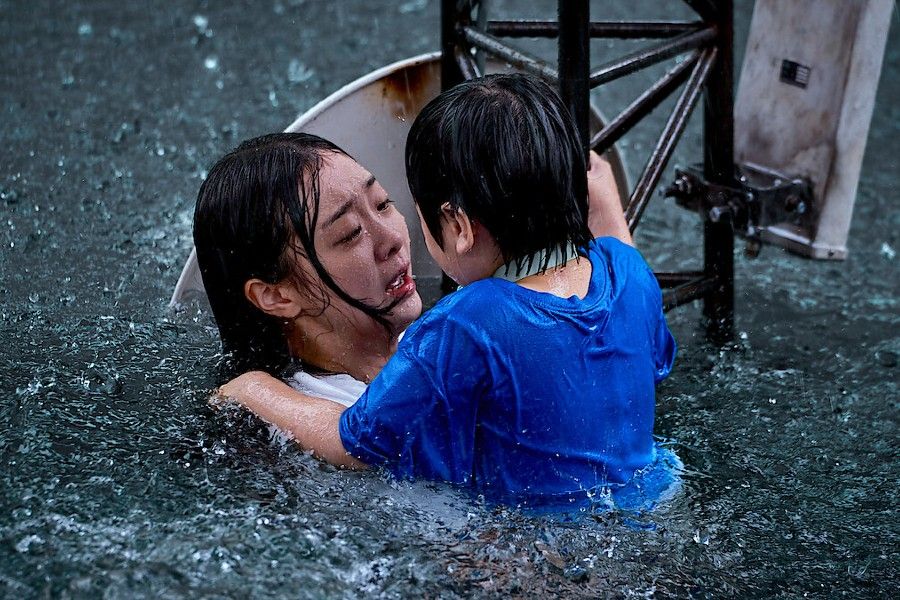
The Peasants (2024) - Movie Review
- Feb 2, 2024
Animation enthusiasts are raving about "The Peasants"-a visually breathtaking journey of romance and drama. This work of art, which is adapted from Władysław Stanisław Reymont’s monumental 1904 novel, is a labor of love by Polish creative power couple, Hugh Welchman and Dorota Kobiela.
The creatives behind the 2017 factual film "Loving Vincent" that celebrated and examined Vincent Van Gogh's life through animated oil paintings are on another artistic venture. This time, they've elevated their craft; transforming a live-action shoot into 40,000 handmade oil paintings crafted by over 100 painters. Imagine doing all this amid the challenging times of Covid and the Ukraine war! It's a monumental achievement that sets their latest project apart.
However, despite the breathtaking visuals in "The Peasants", the translation of live-action to animation proves to be more of distraction rather than enhancement in Welchman and Kobiela’s new endeavour. While one can appreciate the triumphant aesthetics, the effectiveness of communicating through animation in this case seems restricted by the conversion of reality to painterly textures and colors.

This bit of critique in no way discredits animation, a miraculous field where boundless creativity thrives. But the persistent question throughout "The Peasants" is, why constrain this enchanting medium within the framework of reality? A purely animated piece in the same captivating style would feel less awkward than an effort to justify the use of realism in animation.
The other quirk, making "The Peasants" a mixed bag of experiences, is the somewhat cliched adaptation. The story revolves around a young and strikingly beautiful Jagna (played by Kamila Urzedowska) living in a small, gossip-filled Polish village in the 19th century. Facing persecution due to her good looks and suspected romantic liaisons, Jagna embarks on a secret affair while resisting parental pressure to marry an older, wealthy widower.
While the narrative shares relatable aspects of popular works like "Madame Bovary" and "Dogville", it overstays its welcome, with the climax losing impact. Nevertheless, the brilliant visuals, the meticulously crafted four seasons, the charged intimacy between Urzedowsk and Gulaczyk, and haunting musical scores are reason enough to give "The Peasants" a watch. However, the film's mounting aesthetic indulgence tends to overshadow genuine emotion and narrative capacity towards the end.


